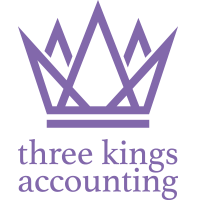Having made the decision to be your own boss, it is important to decide the best legal and taxation structure for your enterprise. The most suitable structure for you will depend on your personal situation and your future plans. The decision you make will have repercussions on the way you are taxed, your exposure to creditors and other matters.
The possible options you have are as follows.
Sole trader
This is the simplest way of trading. There are only a few formalities to trading this way, the most important of which is informing HMRC. You are required to keep business records in order to calculate profits each year and they will form the basis of how you pay your tax and national insurance. Any profits generated in this medium are automatically yours. The business of a sole trader is not legally distinguished from the proprietor’s personal affairs so that if there are any debts, you are legally liable to pay those debts down to your last worldly possession.
Partnership
A partnership is an extension of being a sole trader. Here, a group of two or more people will come together, pool their talents, clients and business contacts so that, collectively, they can build a more successful business than they would individually. The partners will agree to share the joint profits in predetermined percentages. It is advisable to draw up a Partnership Agreement which sets the rules of how the partners will work together. Partners are taxed in the same way as sole traders, but only on their own share of the partnership profits. As with sole traders, the partners are legally liable to pay the debts of the business. Each partner is ‘jointly and severally’ liable for the partnership debts, so that if certain partners are unable to pay their share of the partnership debts then those debts can fall on the other partners.
Limited company
A limited company is a separate legal entity from its owners. It can trade, own assets and incur liabilities in its own right. Your ownership of the company is recognised by owning shares in that company. If you also work for the company, you are both the owner (shareholder) and an employee of that company. When a company generates profits, they are the company’s property. Should you wish to extract money from the company, you must either pay a dividend to the shareholders, or a salary as an employee. The advantage to you is that you can have a balance of these two to minimise your overall tax and national insurance liability. Companies themselves pay corporation tax on their profits after paying your salary but before your dividend distribution. Effective tax planning requires profits, salary and dividends to be considered together. There are many advantages as well as disadvantages to operating through a limited company. New companies can be purchased in a ready-made form usually referred to as ‘off the shelf’ companies. These types of formation are becoming less frequent, however, as the speed of which companies can now be created takes, on average, 3 hours rather than days. There are additional administrative factors in running a company, such as statutory accounts preparation, company secretarial obligations and PAYE (Pay as You Earn) procedures. A big advantage of owning a limited company is that your personal liability is limited to the nominal share capital you have invested.
Limited liability partnership
A limited liability partnership is legally similar to a company. It is administered like a company in all aspects except its taxation. In this, it is treated like a partnership. Therefore you have the limited liability, administrative and statutory obligations of a company but not the taxation and national insurance flexibility. They are particularly suitable for medium and large-sized partnerships.
Co-operative
A co-operative is a mutual organisation owned by its employees. One example of such an organisation is the John Lewis Partnership. These structures need specialist advice.
How we can help
We will be happy to discuss your plans and the most appropriate business structure with you. The most appropriate structure will depend on a number of factors including consideration of taxation implications, the legal entity, ownership and liability.


